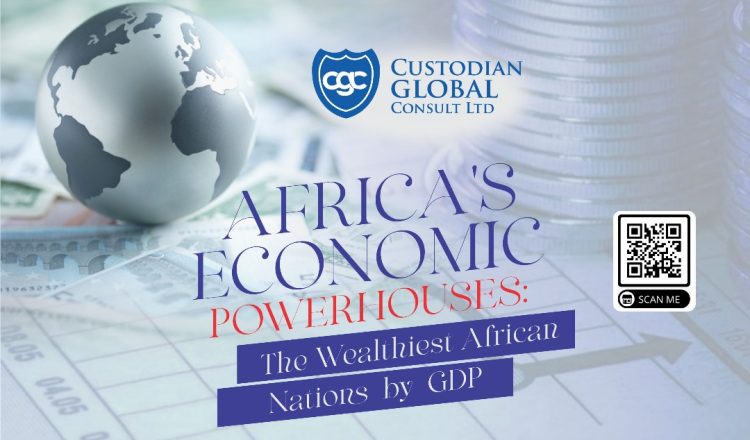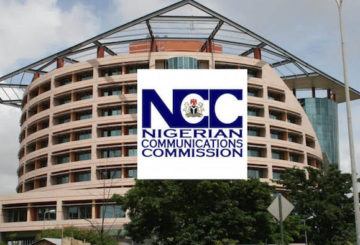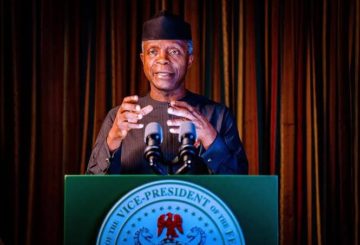When contemplating the wealthiest countries in Africa, one might conjure images of Mali’s gold mines or Egypt’s iconic pyramids. However, breaking away from common Western misconceptions about the continent’s economic landscape reveals a different reality. Many African nations were prosperous before the scars of transatlantic slavery and European colonization.
Mansa Musa, an African king, is often regarded as the richest person in history, accumulating wealth from the trans-Saharan trade routes dealing in gold and salt. Today, the economic powerhouses of Africa have shifted from gold and salt to commodities like crude oil. Let’s delve into the economic standings of these nations, examining both overall GDP and GDP per capita.
5. Ethiopia: The Birthplace of Coffee
Despite its smaller size, Ethiopia claims a significant position in Africa’s economic landscape. The birthplace of coffee, Ethiopia remains a major global coffee producer. Coffee constitutes over a quarter of its export value, showcasing the economic importance of this cash crop.
4. Algeria: Harnessing Hydrocarbon Resources
Situated in North Africa, Algeria secures its fourth position as the continent’s fourth-largest economy, primarily fueled by hydrocarbon resources. Oil and natural gas contribute over 95% to Algeria’s export revenue, emphasizing the nation’s economic dependence on these resources.
3. South Africa: A Beacon of Economic Advancement
South Africa, often hailed as Africa’s most advanced and diversified economy, holds the third spot in terms of GDP. With 69% of its economy categorized as tertiary, signifying postindustrial activities, South Africa leads the continent in hosting the FIFA World Cup and boasts a thriving trade, transport, and services sector.
2. Nigeria: Riches Amidst Challenges
Nigeria, despite facing ongoing security challenges, stands as one of the world’s most populous countries. Although its overall GDP is substantial, issues of inequality persist. Rich in natural resources, especially oil, minerals, and gemstones, Nigeria’s services sector takes the lead, contributing 52% to its GDP.
1. Egypt: Balancing Tradition and Modernity
Internationally recognized for its ancient pyramids, Egypt takes the lead as Africa’s wealthiest nation by GDP. Renowned for petroleum exports, Egypt maintains a diversified economy, with farming contributing significantly. Agriculture, representing 28% of jobs and 11.3% of GDP, remains vital to Egypt’s economic fabric.
Top 5 by GDP per Capita: Diverse Economic Landscapes
Considering GDP per capita provides insights into the wealth distribution among the population, offering a nuanced perspective on economic prosperity.
5. South Africa: A Dual Presence
South Africa makes a unique appearance in both overall GDP and GDP per capita rankings, showcasing its economic complexity. While a leader in the continent’s overall GDP, South Africa still grapples with economic inequality.
4. Gabon: Rich in Resources, Small in Population
Gabon’s small population and abundance of natural resources, including petroleum, manganese, uranium, diamonds, and gold, contribute to its high GDP per capita.
3. Equatorial Guinea: Petroleum’s Uneven Impact
Equatorial Guinea’s economic shift from cacao, coffee, and timber to petroleum has led to a high per-capita GDP. Yet, wealth distribution issues persist, with a small elite benefiting disproportionately from vast oil revenues.
2. Botswana: Diamonds Driving Growth
Botswana’s stable democratic government and its lucrative diamond industry contribute to significant economic growth. However, the nation grapples with high income inequality, highlighting the complexities of economic development.
1. Libya: Oil-Driven Economy Amidst Civil Unrest
Securing the top spot in GDP per capita, Libya heavily relies on oil and natural gas exports, accounting for nearly three-quarters of its total export value. Unfortunately, ongoing civil unrest adds a layer of complexity to Libya’s economic landscape.
The world is evolving towards a more nuanced understanding of economic wealth and African nations, despite their diverse economic landscapes and challenges are shifting from historical commodities to modern economic drivers that underscore the adaptability of these nations in a globalized world.





